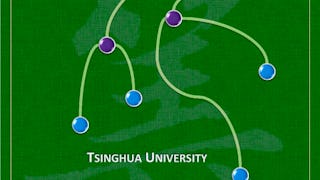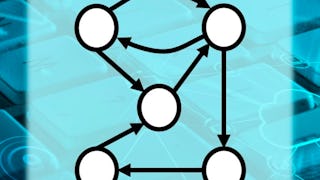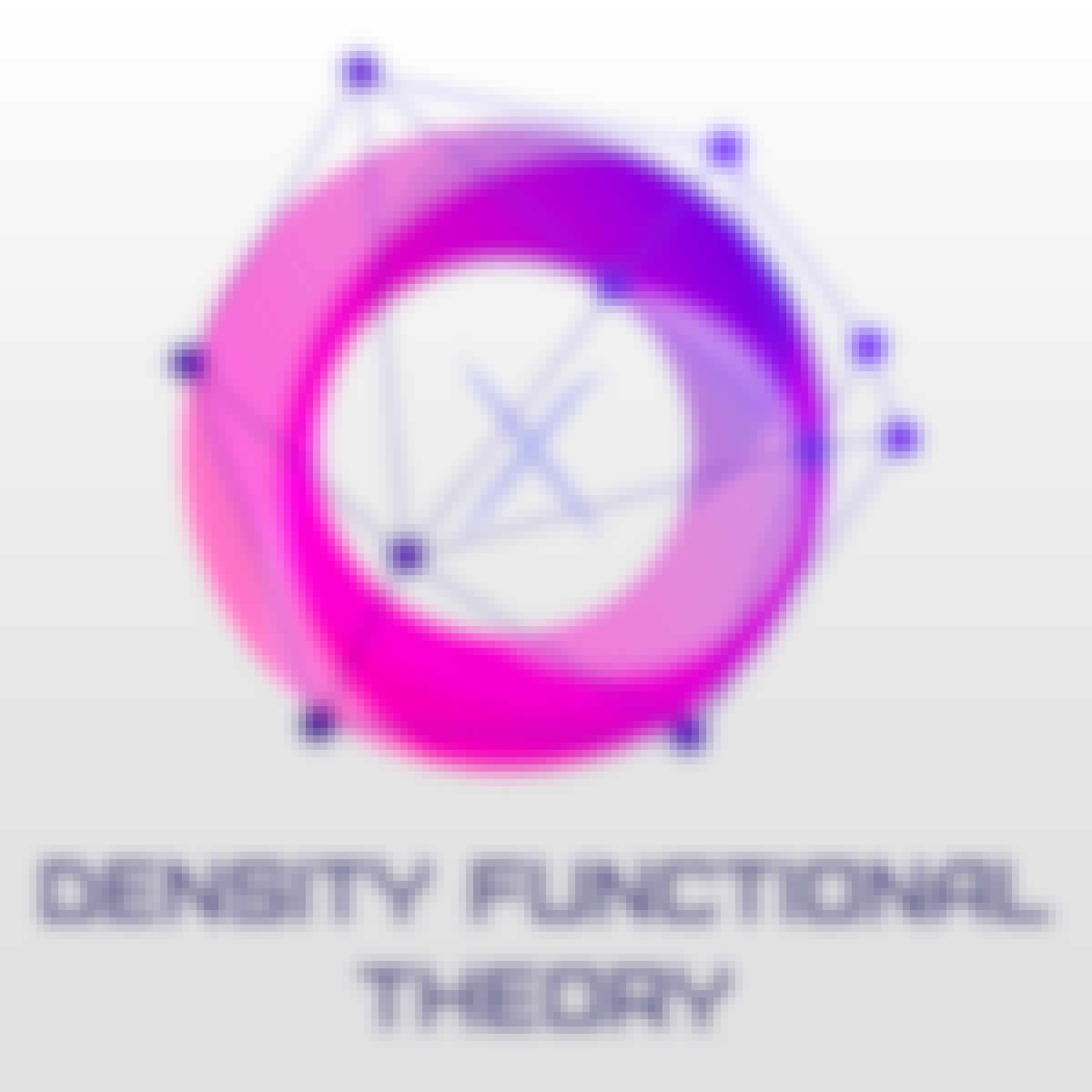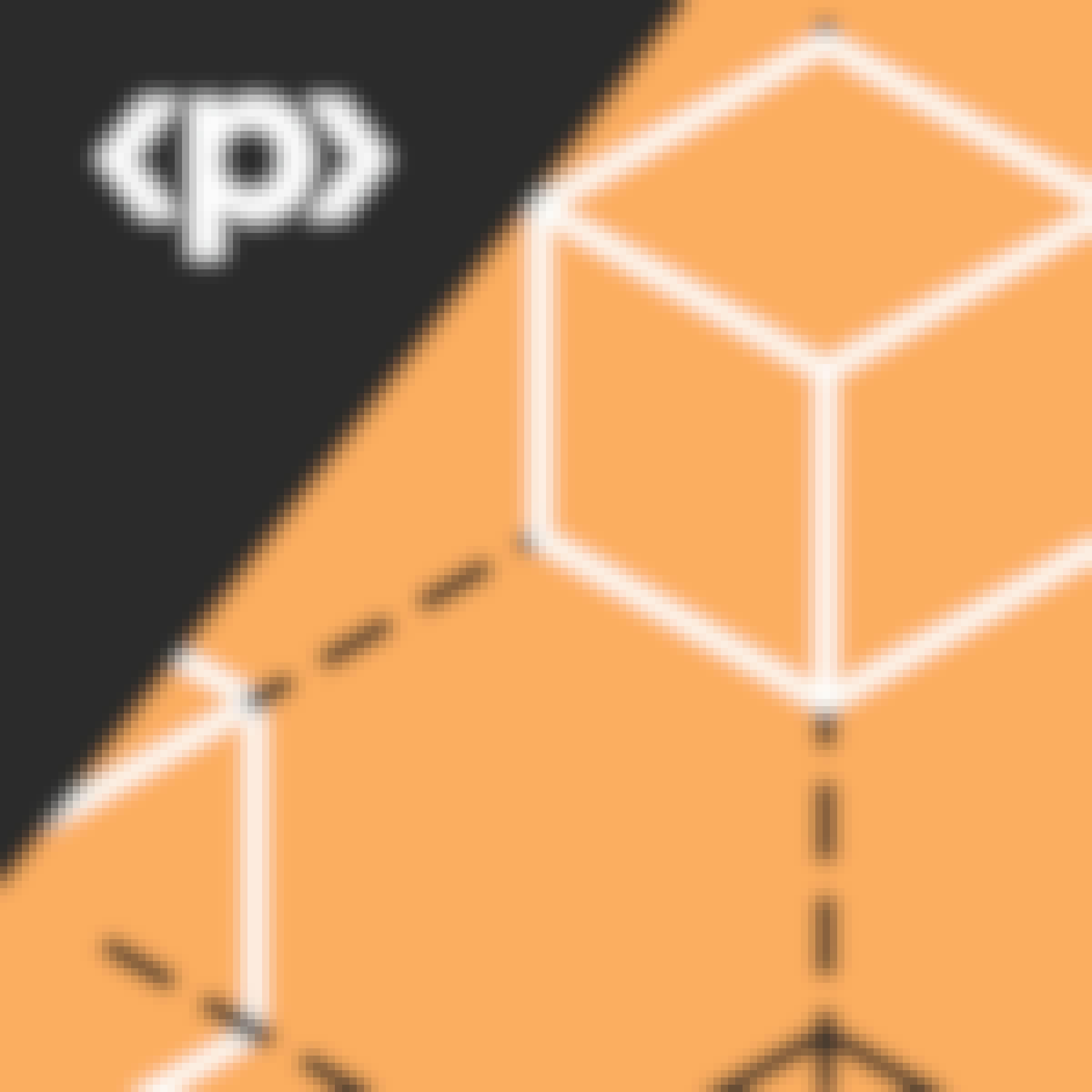- Browse
- Graph Theory
Graph Theory Courses
Graph Theory courses can help you learn about vertices, edges, paths, and cycles, as well as concepts like connectivity and graph coloring. You can build skills in network analysis, algorithm design, and problem-solving techniques that apply to various fields such as computer science, biology, and social sciences. Many courses introduce tools like Python libraries for graph analysis, visualization software, and algorithms for optimizing network flows, allowing you to apply your knowledge to real-world data and complex systems.
Popular Graph Theory Courses and Certifications
 Status: Free TrialFree TrialU
Status: Free TrialFree TrialUUniversity of California, Davis
Skills you'll gain: Social Network Analysis, Network Analysis, Data Wrangling, Social Sciences, Graph Theory, Statistical Visualization, Data Manipulation, Data Visualization, Data Analysis, Predictive Analytics, Simulations
4.7·Rating, 4.7 out of 5 stars241 reviewsBeginner · Course · 1 - 3 Months
 J
JJohns Hopkins University
Skills you'll gain: Political Sciences, Policy Analysis, Social Justice, Social Sciences, Public Policies, Game Theory, Demography, Logical Reasoning, Applied Mathematics
5·Rating, 5 out of 5 stars23 reviewsMixed · Course · 1 - 3 Months
 Status: Free TrialFree TrialU
Status: Free TrialFree TrialUUniversity of California San Diego
Skills you'll gain: Logical Reasoning, Computational Logic, Deductive Reasoning, Computational Thinking, Theoretical Computer Science, Combinatorics, Algorithms, Python Programming, Computer Science, Program Development
4.4·Rating, 4.4 out of 5 stars2.3K reviewsBeginner · Course · 1 - 3 Months
 Status: Free TrialFree TrialT
Status: Free TrialFree TrialTTsinghua University
Skills you'll gain: Data Structures, Algorithms, Graph Theory, Computational Thinking, Programming Principles, Database Design, Theoretical Computer Science, Query Languages, Computer Programming, Computer Science
2.8·Rating, 2.8 out of 5 stars39 reviewsIntermediate · Specialization · 3 - 6 Months
 Status: Free TrialFree TrialU
Status: Free TrialFree TrialUUniversity of Illinois Urbana-Champaign
Skills you'll gain: Data Structures, Data Storage, Algorithms, Data Storage Technologies, Database Systems, Database Theory, Theoretical Computer Science
4.8·Rating, 4.8 out of 5 stars922 reviewsMixed · Course · 1 - 4 Weeks
 Status: Free TrialFree TrialU
Status: Free TrialFree TrialUUniversity of California San Diego
Skills you'll gain: Graph Theory, Data Structures, Java Programming, Java, Object Oriented Design, Software Design, Algorithms, Object Oriented Programming (OOP), Network Routing, Computational Thinking, Application Development, Debugging
4.8·Rating, 4.8 out of 5 stars1.2K reviewsIntermediate · Course · 1 - 3 Months
 Status: Free TrialFree TrialU
Status: Free TrialFree TrialUUniversity of Colorado System
Skills you'll gain: Cryptography, Encryption, Cybersecurity, Computer Security, Theoretical Computer Science, Information Architecture
4.5·Rating, 4.5 out of 5 stars545 reviewsIntermediate · Course · 1 - 4 Weeks
 Status: Free TrialFree TrialU
Status: Free TrialFree TrialUUniversity of California San Diego
Skills you'll gain: Combinatorics, Probability, Probability Distribution, Algorithms, Bayesian Statistics, Mathematical Modeling, Statistics, Arithmetic, Python Programming, Simulations
4.6·Rating, 4.6 out of 5 stars865 reviewsBeginner · Course · 1 - 3 Months
 Status: PreviewPreviewÉ
Status: PreviewPreviewÉÉcole Polytechnique
Skills you'll gain: Materials science, Differential Equations, Numerical Analysis, Applied Mathematics, Chemistry, Physics, Calculus
4.9·Rating, 4.9 out of 5 stars245 reviewsAdvanced · Course · 1 - 4 Weeks
 Status: PreviewPreviewT
Status: PreviewPreviewTThe University of Edinburgh
Skills you'll gain: Music Theory, Music, Classical Music, Musical Composition
4.5·Rating, 4.5 out of 5 stars1.8K reviewsBeginner · Course · 1 - 3 Months
 Status: NewNewStatus: PreviewPreviewB
Status: NewNewStatus: PreviewPreviewBBirla Institute of Technology & Science, Pilani
Skills you'll gain: Computer Science, Machine Learning Algorithms, Solution Design, Problem Solving, Mathematical Theory & Analysis, Scalability
Beginner · Course · 1 - 3 Months
 Status: Free TrialFree Trial
Status: Free TrialFree TrialSkills you'll gain: LLM Application, Semantic Web, Large Language Modeling, Prompt Engineering, Graph Theory, Generative AI, Query Languages, Artificial Intelligence, Systems Integration, Interactive Data Visualization, Database Systems, Data Visualization Software, Development Environment
4.8·Rating, 4.8 out of 5 stars6 reviewsIntermediate · Course · 1 - 3 Months
Searches related to graph theory
In summary, here are 10 of our most popular graph theory courses
- Social Network Analysis: University of California, Davis
- The Mathematics of Democracy, Politics and Manipulation: Johns Hopkins University
- Mathematical Thinking in Computer Science: University of California San Diego
- Data Structures and Algorithms: Tsinghua University
- Ordered Data Structures: University of Illinois Urbana-Champaign
- Advanced Data Structures in Java: University of California San Diego
- Cryptography and Information Theory: University of Colorado System
- Combinatorics and Probability: University of California San Diego
- Density Functional Theory: École Polytechnique
- Fundamentals of Music Theory: The University of Edinburgh










